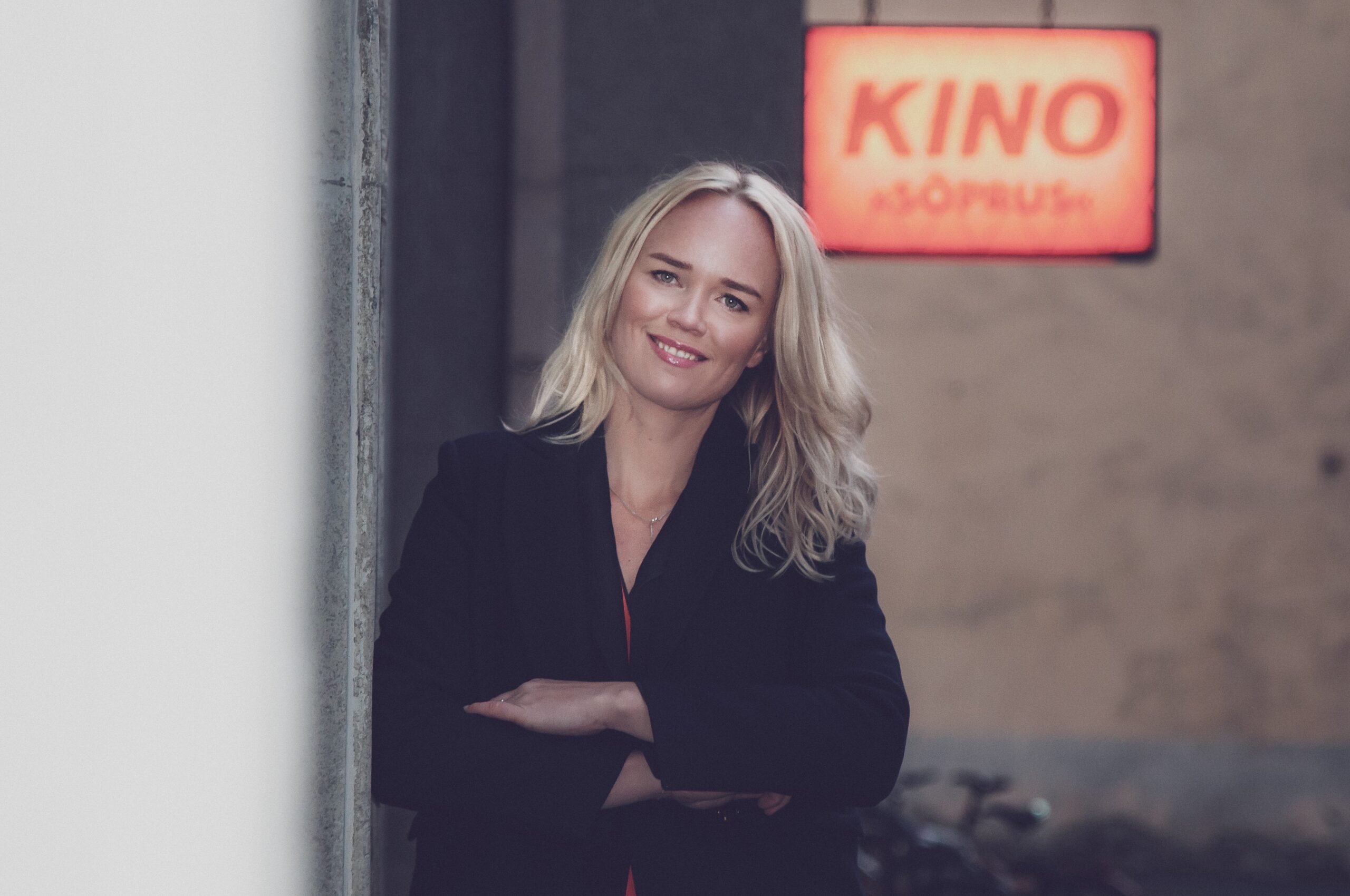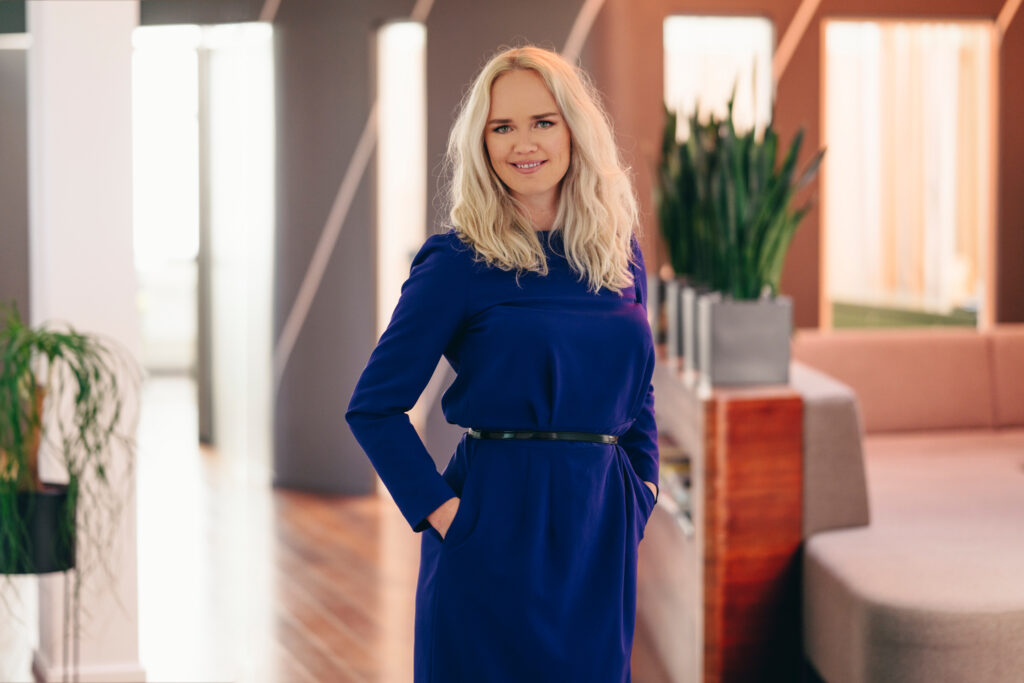How to really build a personal brand?

A personal brand is not something that can be artificially created and cultivated. For a personal brand – only authenticity works. Who are you as a person? Who are you as a leader? What are your values? What do you have to say to your followers?
Estonia has only 1.3 million people, and creating a solid personal brand is much easier here than in Silicon Valley, London or Berlin. Yet, for us introverted and shy Estonians, it’s more complex than for others.
As Estonians, we want our work to speak for us. We don’t want to brag about our triumphs or talk openly about our failures or burnouts. If somebody notices us, that’s good; if they don’t, we need to work harder.
Unfortunately, it doesn’t work like that in today’s world anymore. To succeed, you need to build your own personal brand and network to get your message across to the people who matter – potential customers, employees or even investors. A strong personal brand can be the key to business development, recruitment and company growth. But it all needs to be strategically managed.
“A personal brand is not just about self-promotion or being visible online and at conferences.”
Where do you start to build a personality brand?
1. Start with yourself. A personality brand is what people say about you when you haven’t even entered the room yet. What do you want to be known for in particular? A personality brand is not just about self-promotion or being visible online and at conferences. It starts with how you define yourself as a person and what your values are. Creating a personal brand takes work. You need to be knowledgeable in something. Positioning yourself as an expert is hard, and it starts with the question: what am I an expert in? Think about what you want to communicate to people. Why should they believe you? What results have you already achieved?
2. Who is your audience? It would help if you could define as precisely as possible the target audience that you want to reach first. Are they marketing managers, engineers or developers? Once you have defined the audience you want to reach, consider the most effective channel to get to them. Is it strong opinion pieces in traditional media, conferences, inspiring speeches at universities, LinkedIn posts, or all of the above? Whatever you do, don’t forget that artificial speeches don’t give results. Be genuine! Real people’s real stories – even the missteps and mistakes. Dare to talk about them.
“BE HONEST! REAL PEOPLE’S REAL STORIES, EVEN THE MISSTEPS AND MISTAKES. DARE TO TALK ABOUT THEM. ”
3. What is your story? You have been living it even if you haven’t consciously created your narrative. If you’re out of the room, you can guess what people say about you. “They’re an extremely charismatic entrepreneur,” “They’re a great project manager”, or “They’re a genius who creates the best advertising campaigns in our region.” If you don’t consciously create your brand, other people will do it for you. A one-minute pitch or elevator speech is not only important for start-ups. It helps the audience understand your impact and strengths. Develop a clear and concise self-introduction, explaining who you are and how your past skills relate to your current work. What is your mission? What do you value as a person?
4. You create your brand every day. The truth is that everything you do is visible to other people in some way. Whether in real life or online, it affects your personal brand. Treat everyone with equal respect, regardless of their position – be it customer service or CEO. Estonia is too small to be rude to those with nothing to offer you.

